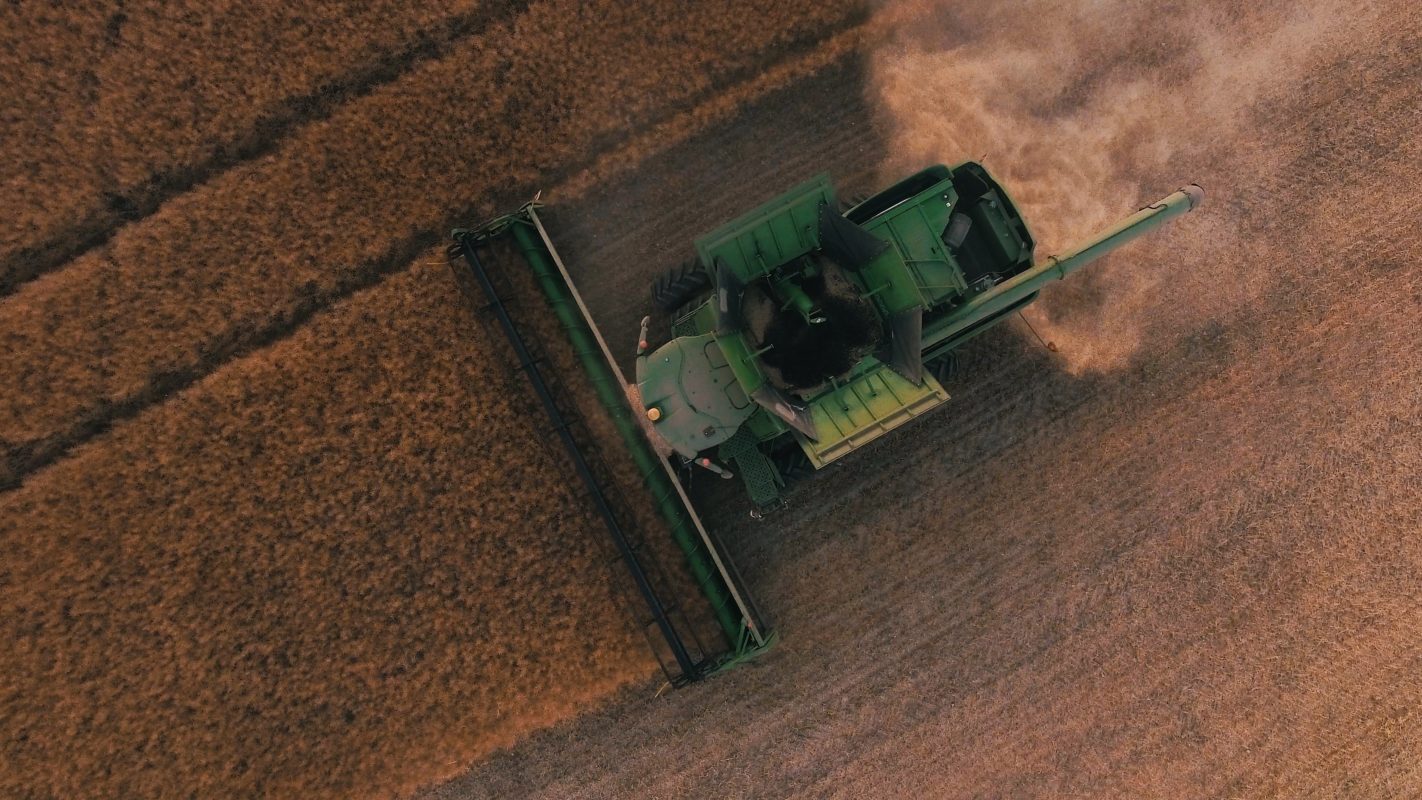
- Category:
- News
“Clock is ticking” for farmers to transition to zero emissions vehicles
Cenex has produced a new Insight guide for farmers on low and zero emission agriculture fuels and vehicles.
‘An Introduction to Agriculture Fuels and Vehicles for the Future’ assesses the applications, impacts and complexities of biofuels, electric and hydrogen powertrains, as well as the role of connected and autonomous vehicles in the agriculture sector.
Andrew Benfield, Off-Road Decarbonisation Lead at Cenex, said: “After the removal of the red diesel rebate to many sectors earlier this year, the clock is ticking for farming to find zero emission alternatives to current vehicles.
“Given that many farm vehicles have working lives of 15 to 20 years, capital investment decisions in the next decade will have limited opportunities for revision before 2050.”
The need to transition away from fossil fuels has triggered the development of alternative, low emission fuels and is leading to the redesign of powertrains for farm vehicles.
This new Insight guide from Cenex looks at options for decarbonising agriculture vehicles and the technologies that we expect to play a role in farms of the future.
Biofuels and biomethane offer a short-to-medium term opportunity to reduce carbon emissions while zero emission technologies, like battery electric and hydrogen fuel cells, develop specifically for farming applications.
Vehicle energy demand is also affected by farm specific characteristics such as arable or pastoral farming, type of crop, topography, and soil.
“Predicting the best fuels for farm transport is challenging because of the wide variety of vehicles in use, from tractors to mowers, quad bikes, and frontloaders; each has differing operational requirements that make like-for-like comparison difficult,” Benfield continues.
“There is cause for optimism as Farmers have shown enthusiasm for embracing renewable energy generation, whether wind, solar or anaerobic digestion.
“However, for the transition to alternative technologies to happen, more work is needed to bring forward innovation and trials of emerging technologies.
“This will allow companies like Cenex to provide independent, practical advice and support for farmers on their transition to zero emission vehicles”.
Earlier this year Cenex worked on two reports for RASE as part of their ‘Farm of the Future: Journey to Net Zero’ suite.
This Insight guide is the latest in the series that also covers Vehicle-to-Grid technology, deploying battery electric trucks, and shared and sustainable mobility.